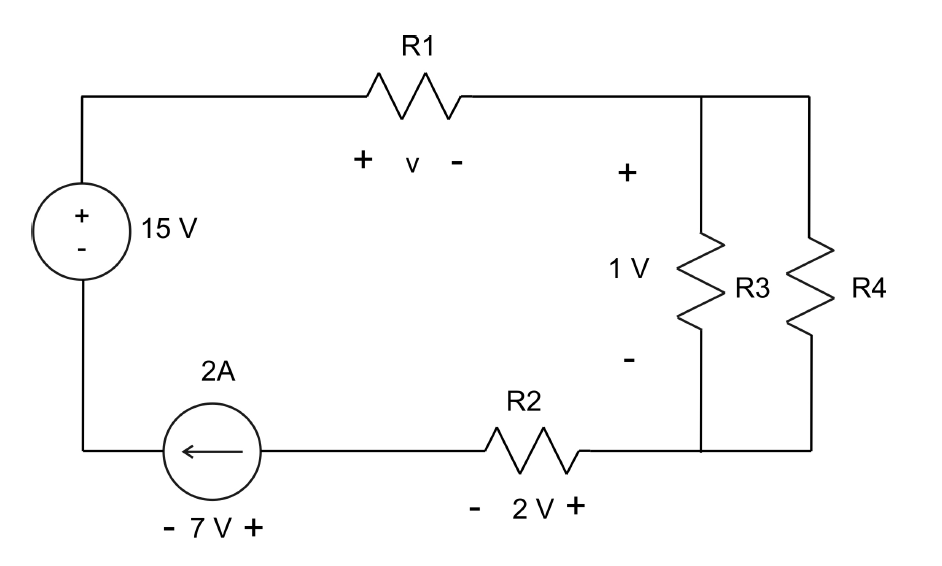Circuits and Electronics 1: Basic Circuit Analysis
This course is offered by Massachusetts Institute of Technology (MITx).
In this course you will learn techniques that are foundational to the design of microchips used in smartphones, self-driving cars, computers, and the Internet.
About this course
Want to learn about circuits and electronics, but unsure where to begin? Wondering how to make computers run faster or your mobile phone battery last longer? This free circuits course taught by edX CEO and MIT Professor Anant Agarwal and colleagues is for you.
This is the first of three online Circuits & Electronics courses offered by Professor Anant Agarwal and colleagues at MIT, and is taken by all MIT Electrical Engineering and Computer Science (EECS) majors.
Topics covered include: resistive elements and networks; circuit analysis methods including KVL, KCL and the node method; independent and dependent sources; linearity, superposition, Thevenin & Norton methods; digital abstraction, combinational gates; and MOSFET switches and small signal analysis. Design and lab exercises are also significant components of the course.
Weekly coursework includes interactive video sequences, readings from the textbook, homework, online laboratories, and optional tutorials. The course will also have a final exam.
This is a self-paced course, so there are no weekly deadlines. However, all assignments are due when the course ends.
What you’ll learn:
- How to design and analyze circuits using the node method, superposition, and the Thevenin method.
- How to employ lumped circuit models and abstraction to simplify circuit analysis.
- How to use intuition to solve circuits.
- Construction of simple digital gates using MOSFET transistors.
- Measurement of circuit variables using tools such as virtual oscilloscopes, virtual multimeters, and virtual signal generators.
Syllabus
Week 1: From physics to electrical engineering; lumped abstraction, KVL, KCL, intuitive simplification techniques, nodal analysis.
Week 2: Linearity, superposition, Thevenin & Norton methods, digital abstraction, digital logic, combinational gates.
Week 3: MOSFET switch, MOSFET switch models, nonlinear resistors, nonlinear networks.
Week 4: Small signal analysis, small signal circuit model, dependent source.




My name is Nooh Ali i live in Sudan in khartoum in jabel Awlia localty i’m study in college of Engineering in second level i don’t have money to study in workship and institute
I am interested in studying and practice electronics.
Owesome courses.
Thank you very much indeeeeed.
Love this.
i agree
[email protected]
I am intersting with the courses
[email protected]
a very convenient,practical and time savind idea